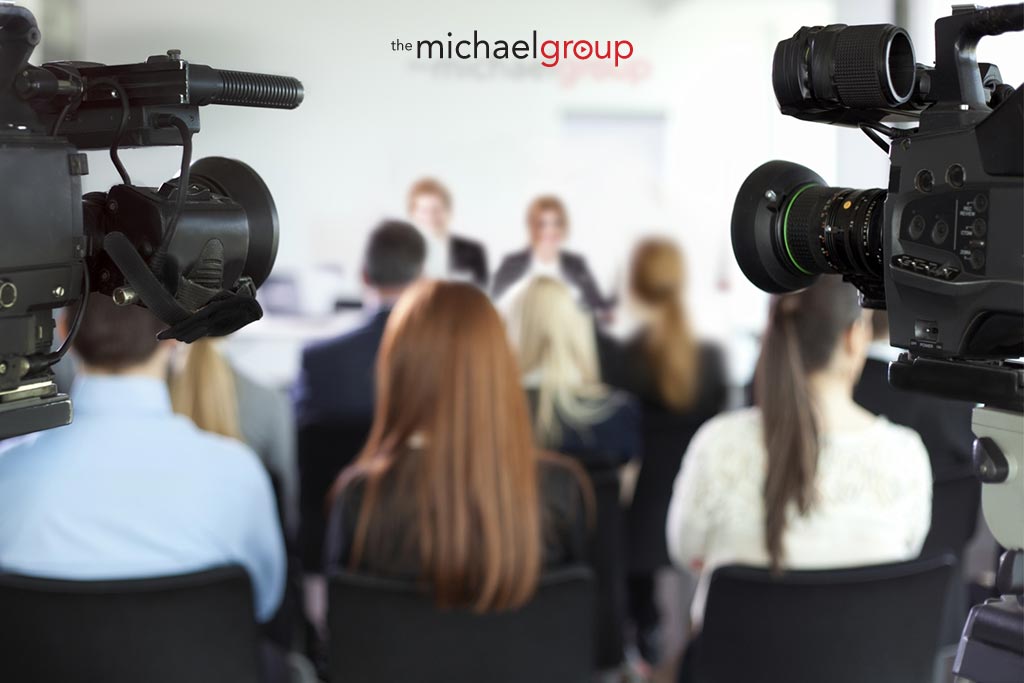
Media Training
Interviews can be quite scary; they are often in a foreign environment with a lot of pressure on you. An underprepared person can feel overwhelmed, and this can affect how you come across. If you are representing a large corporation or your own company, a bad interview can adversely affect your business. But a good interview can mean a boom in business. Media training helps you come prepared to give a great interview and allows you to react to any curveballs thrown your way. It will help you avoid these common mistakes.
If you follow this advice you should be able to handle most media interviews, but it is always a good idea to get proper training form a company such as The Michael Group – a worldwide multimedia production company.